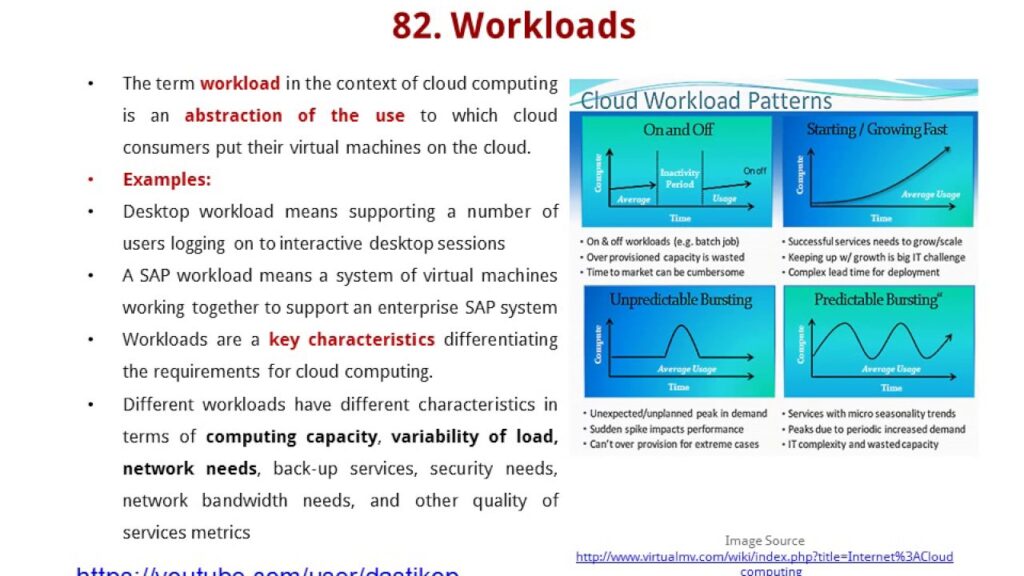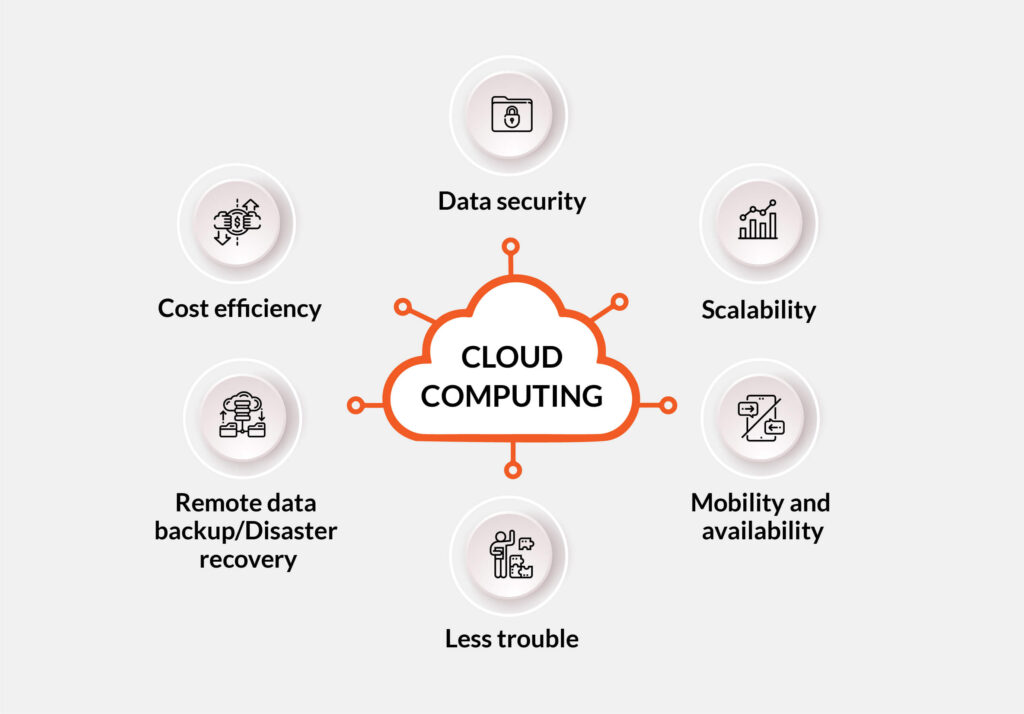The rapid expansion of generative artificial intelligence (Gen AI) has the potential to hinder global initiatives aimed at reducing carbon emissions, with the possibility of consuming energy on par with entire nations, as per a recent report by SAS.
The report, titled ‘Rethinking data and AI in the cloud: How to move to a sustainable future,’ highlights the dual challenge faced by senior decision-makers in large organizations: scaling up data and AI usage while urgently cutting down on carbon footprints.
To illustrate the magnitude of the issue, official statistics reveal that data centers in energy-intensive Ireland consumed more electricity last year than all urban households combined. Additionally, SAS’s report suggests that if Google were to power its search engine operations solely with AI, it would need as much electricity as the entire Republic of Ireland.
Experts have also cautioned that by 2027, the AI industry might consume energy equivalent to that of the Netherlands if growth remains unchecked.
Jerry Williams, Chief Environmental Officer at SAS, remarked, “Organizations often assume that environmental responsibility falls solely on cloud vendors, but the reality is that it’s a shared responsibility.”
“Enhanced efficiency in AI model development, facilitated by optimized data and AI platforms for cloud usage, can help teams minimize duplication, waste, and energy consumption,” Williams added.
The report, drawing insights from industry experts, underscores the escalating issue of data consumption and its environmental impact. While cloud computing offers operational benefits, it significantly contributes to carbon emissions.
Cloud hyperscalers like AWS, Microsoft Azure, and Google Cloud Platform are making strides in sustainability through innovations in data center design and management. However, the onus extends to the organizations utilizing these services.


Moreover, global emissions from cloud computing account for 2.5% to 3.7% of all greenhouse gas emissions worldwide, surpassing those from commercial aviation. The report also highlights the inefficiencies stemming from cloud sprawl. According to SAS research, 99% of large organizations are grappling with challenges due to cloud and analytics sprawl, leading to increased infrastructure costs, storage requirements, processing expenses, and an undisclosed environmental impact. Optimizing cloud environments is imperative for reducing financial burdens and carbon footprints.
In essence, the widespread adoption of Gen AI tools poses a threat to exacerbating this problem. However, as Luke Davies, MD of GlobalConnect’s data centers, noted, “Data centers are essential for AI, creating a structural incentive to enhance their efficiency.”
SAS outlines five steps that organizations can take to optimize their cloud infrastructure and enhance energy efficiency:
- Create a culture of sustainability
- Assess the environmental impact of computational workloads and strive for continuous enhancements
- Address issues related to cloud proliferation
- Adopt a strategic approach to model development using low/no/yes code platforms
- Choose appropriate partners
Despite the myriad concerns, SAS emphasizes that slowing down AI expansion could have adverse effects, potentially undermining the benefits of efficiency, productivity, and innovation. The report also underscores advancements in data center architecture and management that could help mitigate the environmental repercussions of increased AI utilization.
These measures include implementing more efficient cooling mechanisms and leveraging AI to boost data center operations’ efficiency. As the demand for AI and advanced analytics continues to surge, organizations are urged to scrutinize and optimize every aspect of their operations—including data and AI workloads—to avoid accusations of greenwashing and make meaningful contributions to global decarbonization efforts.
Also Read: Generative AI is a top driver for cloud investments


Interested in learning more about cybersecurity and cloud technologies from industry experts? Attend Cyber Security & Cloud Expo in Amsterdam, California, or London. Discover other upcoming enterprise technology events and webinars hosted by TechForge here.



